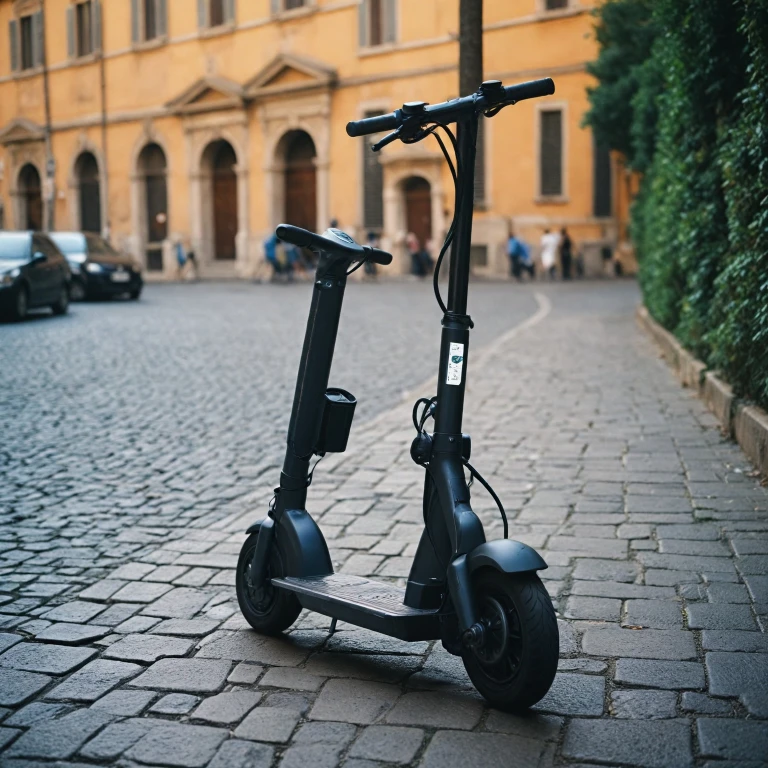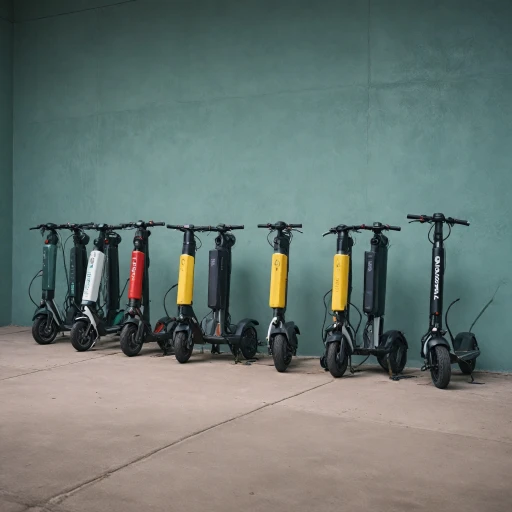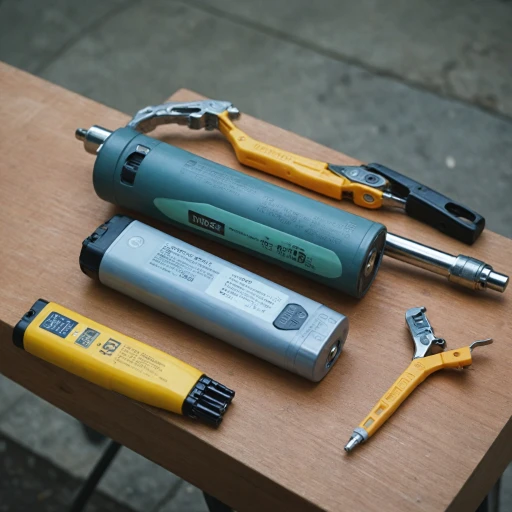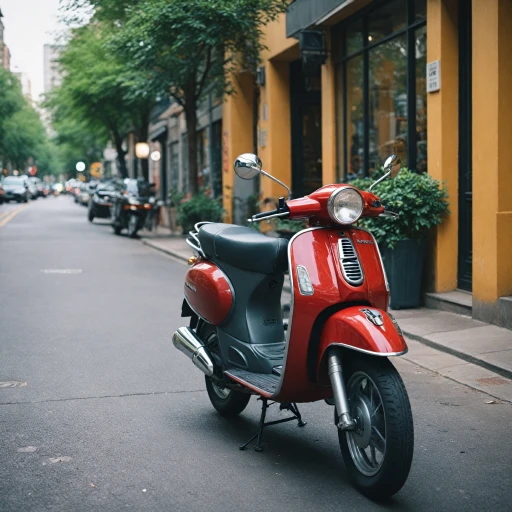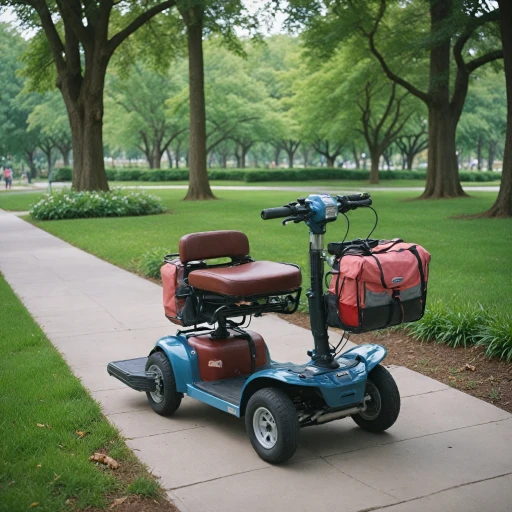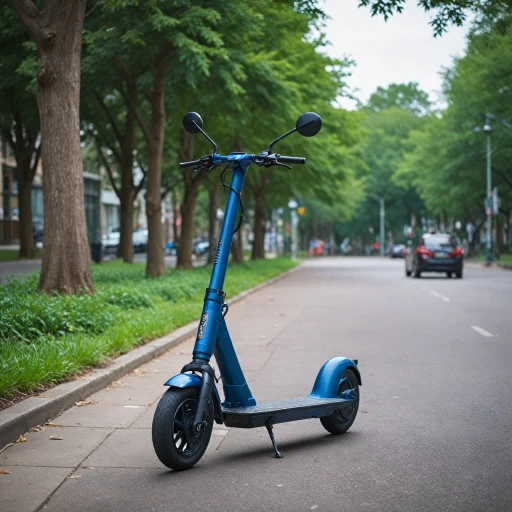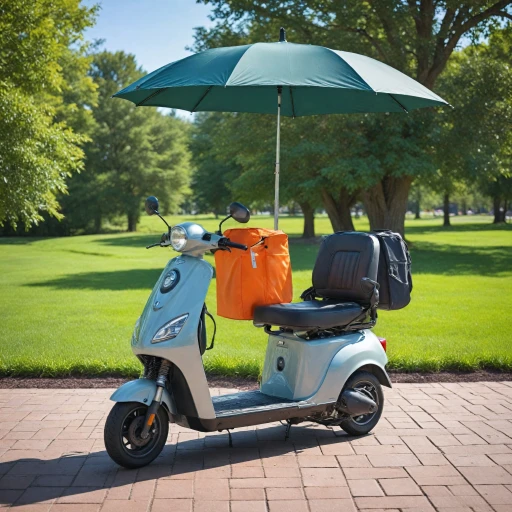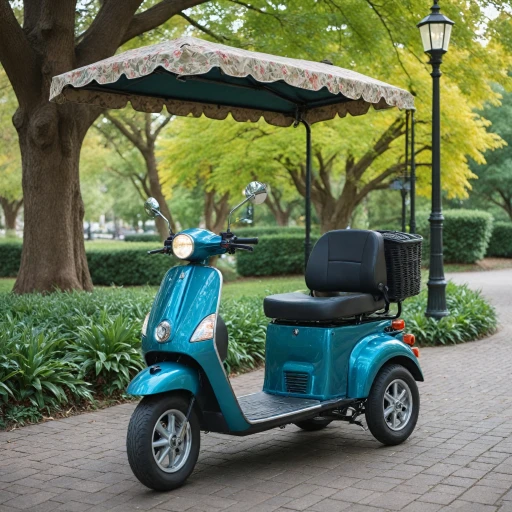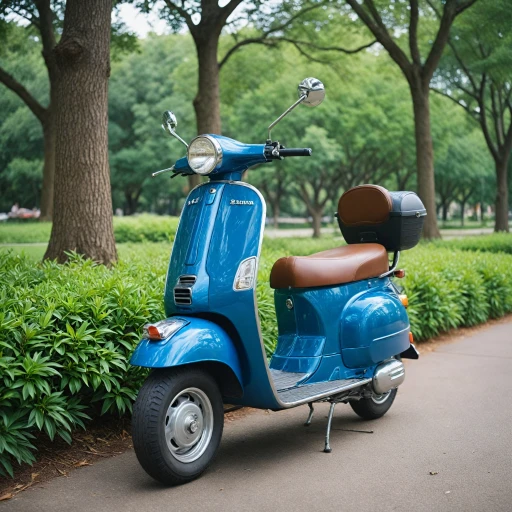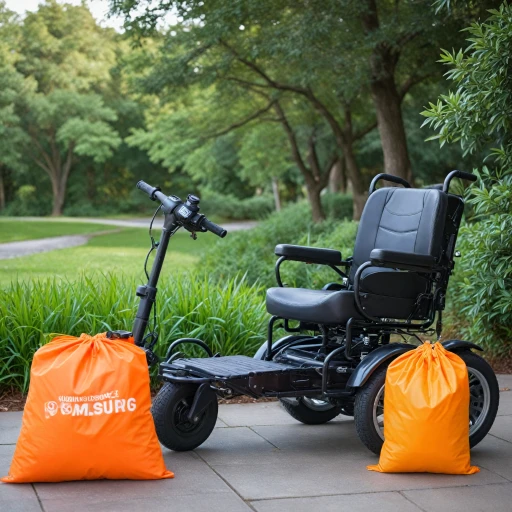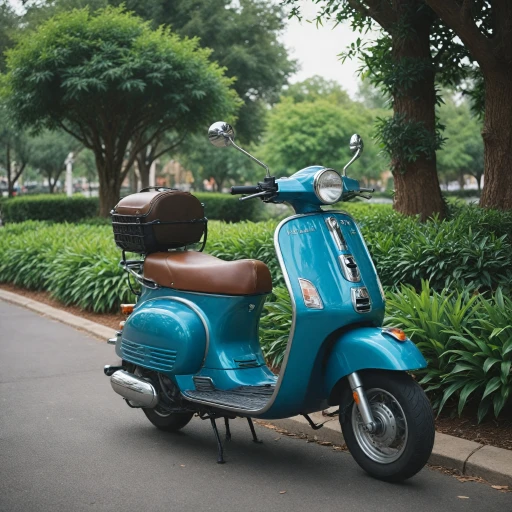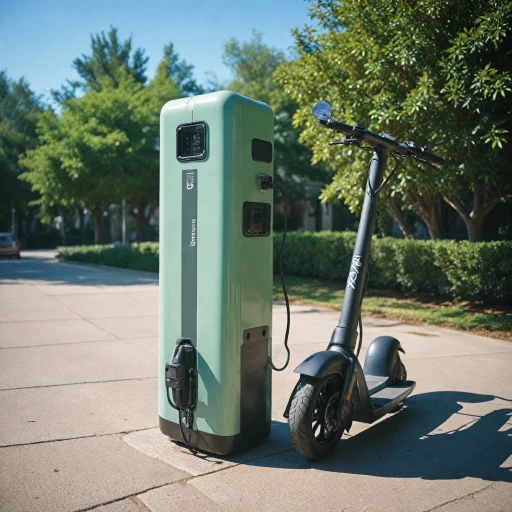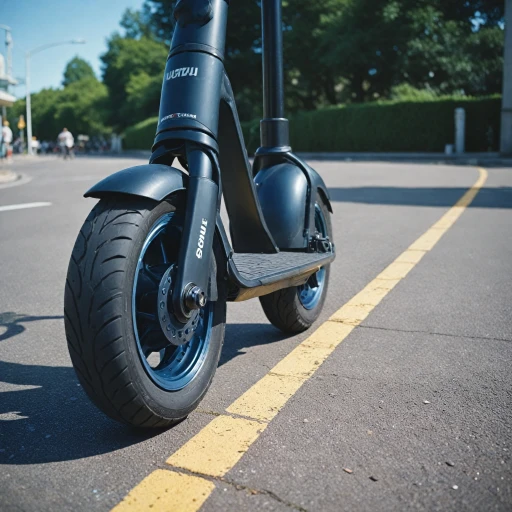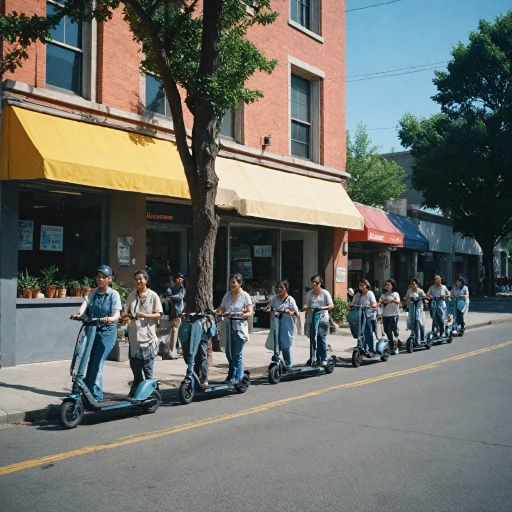
The Role of Chargers in Electric Scooter Performance
Enhancing Electric Scooter Performance Through Effective Charging
Electric scooters have swiftly become a popular mode of transportation, providing a convenient and environmentally friendly way to traverse urban landscapes. At the heart of their functionality lies the battery, which, alongside the charger electric, plays a pivotal role in ensuring optimal performance. A well-maintained scooter battery is essential for sustaining your ride's efficiency and longevity.
Understanding how charging affects your electric scooter is crucial. A reliable battery charger ensures that your scooter runs smoothly, reaching its maximum potential. Regular maintenance of the charger and the scooter charger can help avoid issues like “null product” errors or premature wear of spare parts.
The right chargers cannot only extend the life of your scooter's battery but also affect the overall performance. Performance metrics depend significantly on factors related to charging, such as the efficiency of the charger and the quality of the products used. Regardless of whether you purchase a new unit at a sale price or a price regular, it's essential to invest in quality charging products.
For more insights into charging methods and their impact on your scooter's performance, you may want to explore expert resources like charging your electric scooter: a simple guide. Such guidance can help in understanding the nuances of price unit, warranty, and width, enabling you to make informed decisions when selecting shop products or browsing the cdn shop for a selling plan.
Types of Chargers for Electric Scooters
Different Types of Chargers Available
When it comes to electric scooters, a key component that influences your riding experience is undoubtedly the scooter charger. With various options on the market, selecting the right battery charger becomes essential. Understanding the types of chargers and their specific attributes can save you from potential headaches and ensure optimum performance for your electric scooter.
The choice of a charger electric can greatly affect the charging time, battery lifespan, and overall performance of your scooter. Below are the main types of chargers available:
- Standard Chargers: Often included with the initial purchase, these battery chargers cater to basic needs. They are generally cost-effective but may not always offer the fastest charging times.
- Fast Chargers: As the name suggests, these chargers reduce the waiting time significantly. While they come at a higher price, they are invaluable for those constantly on the move.
- Smart Chargers: Equipped with advanced technology, smart chargers monitor battery health while charging, thereby enhancing longevity and safety. Such chargers often come with an added price unit compared to their regular counterparts.
- Universal Chargers: Designed to work with multiple battery types, these chargers offer flexibility but require careful attention to compatibility and safety considerations.
When buying a scooter battery or its charger, one must consider factors like charger price, compatibility, and the specific requirements of their scooter model. The market frequently offers them on sale price, making it advantageous to compare price and product specifications. Often, sellers provide warranty options that enhance the trust factor of these products.
For those looking to delve deeper into the importance of choosing a reliable scooter charger, a dedicated resource is available to guide your purchasing decisions: Understanding the Importance of a Reliable Scooter Charger.
Compatibility and Safety Considerations
Finding the Right Fit: Ensuring Compatibility and Safety
When it comes to using a charger for your electric scooter, ensuring compatibility and safety is crucial for both the longevity of your scooter battery and your own peace of mind. Here are key aspects to consider:
- Compatibility with Your Scooter Model: Not all chargers are universal. Electric scooter models often require a specific charger that matches their unique specifications. Before purchasing a charger, check the manufacturer’s guidelines to confirm it matches your scooter’s voltage and current requirements.
- Battery Integrity and Charger Quality: A high-quality charger helps maintain the integrity of the scooter battery over time. Opt for chargers from reputable brands that guarantee safety standards. This ensures the charger doesn’t damage the battery, potentially saving you from expensive repairs or replacements.
- Warranty and Certification: Look for chargers that come with a warranty and have certifications indicating they’ve undergone safety testing. Certifications like CE or UL are often signs of a reliable product, providing assurance that the charger will perform well under normal conditions.
Investing in a compatible and certified charger not only secures the performance of your electric scooters but also safeguards against potential safety hazards. For those interested in exploring essential accessories for enhanced scooter performance, including crucial safety features, you can find more on this informative guide.
Best Practices for Charging Electric Scooters
Optimizing Your Charging Routine
To ensure the longevity and performance of your electric scooter, adopting best practices for charging is crucial. A well-maintained battery charger not only extends the life of your scooter battery but also enhances your overall riding experience. Here are some tips to help you get the most out of your charging routine:
- Use the Right Charger: Always use the charger that comes with your electric scooter or a compatible one recommended by the manufacturer. Using an incorrect charger can lead to battery damage and void the warranty.
- Regular Charging: It's advisable to charge your scooter battery regularly, even if you haven't used it extensively. This helps maintain the battery's health and ensures it's ready for your next ride.
- Avoid Overcharging: Overcharging can significantly reduce the lifespan of your battery. Make sure to unplug the charger once the battery is fully charged. Some modern chargers come with an automatic shut-off feature to prevent overcharging.
- Charge in a Cool Environment: Charging your scooter in a cool, dry place can prevent overheating, which is detrimental to battery health. Avoid charging in direct sunlight or in extremely cold conditions.
- Inspect the Charger and Battery: Regularly check for any signs of wear or damage on the charger and battery. If you notice any issues, consider purchasing spare parts or a new charger from a reputable shop.
- Consider the Price and Quality: When buying a new charger or battery, compare prices and ensure you're getting a quality product. A higher price doesn't always guarantee better performance, so read reviews and shop wisely.
By following these best practices, you can ensure that your electric scooter remains in top condition, providing you with a reliable and enjoyable ride every time.
Common Charging Issues and Troubleshooting
Exploring Common Problems and Solutions When Charging Electric Scooters
Encountering issues with your electric scooter’s battery charger can be frustrating, yet understanding them can often demystify the process. Here are some common problems and their solutions:- Charger Not Working: This could be due to a faulty charger or socket. Verify the charger by trying it on another compatible scooter. If it works, check the socket or power source where your charger is plugged in.
- Charger Overheating: An overheating charger can be dangerous. Ensure your charger is placed in a well-ventilated area to prevent heat build-up. Using the wrong type of battery charger for your specific electric scooter model might also lead to overheating, so ensure compatibility as discussed earlier.
- Scooter Battery Not Charging: If your scooter battery isn’t holding a charge, it may be a sign of battery degradation which is common with lithium-ion batteries. Regular price checks on replacement parts and batteries can inform you about potential sales or pricing trends for replacements if needed.
- Slow Charging: This could indicate a problem with the charger or the scooter battery itself. Compare price and features of different chargers and consider investing in a more efficient product if slow charging persists.
